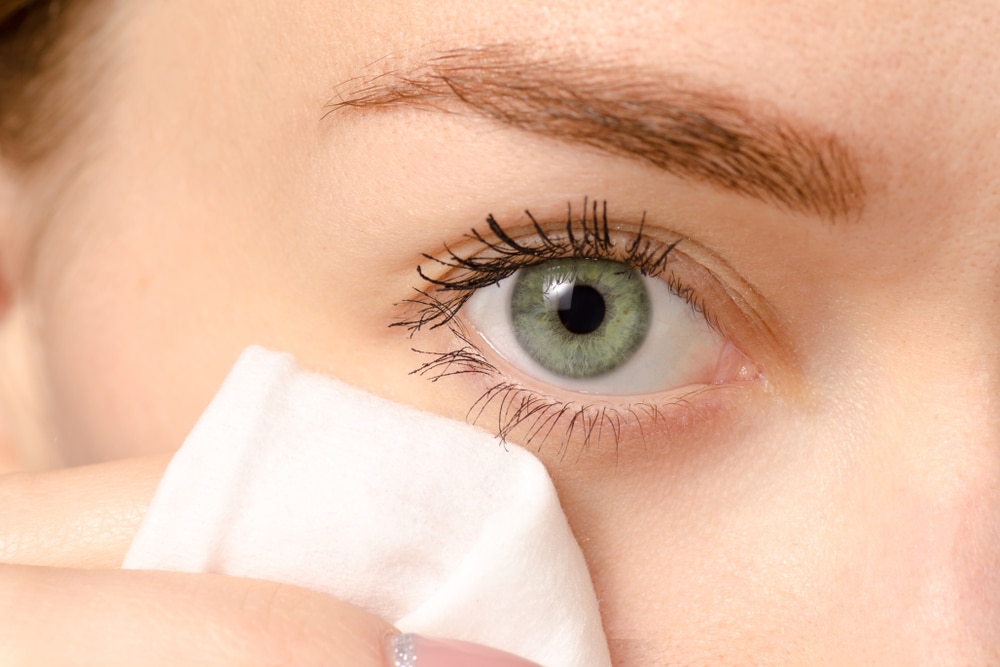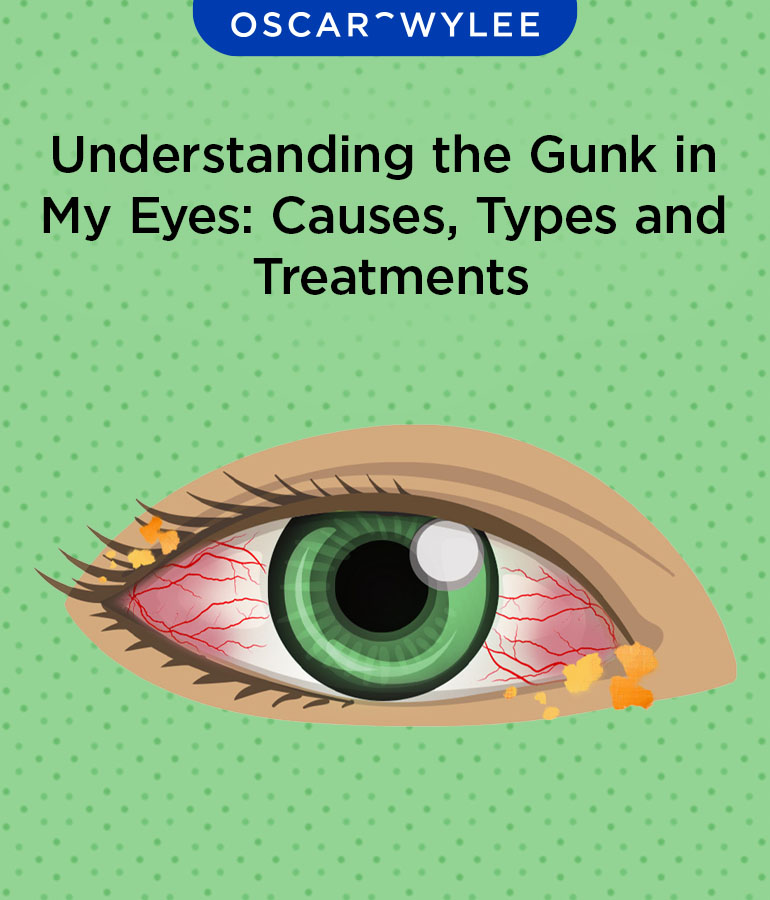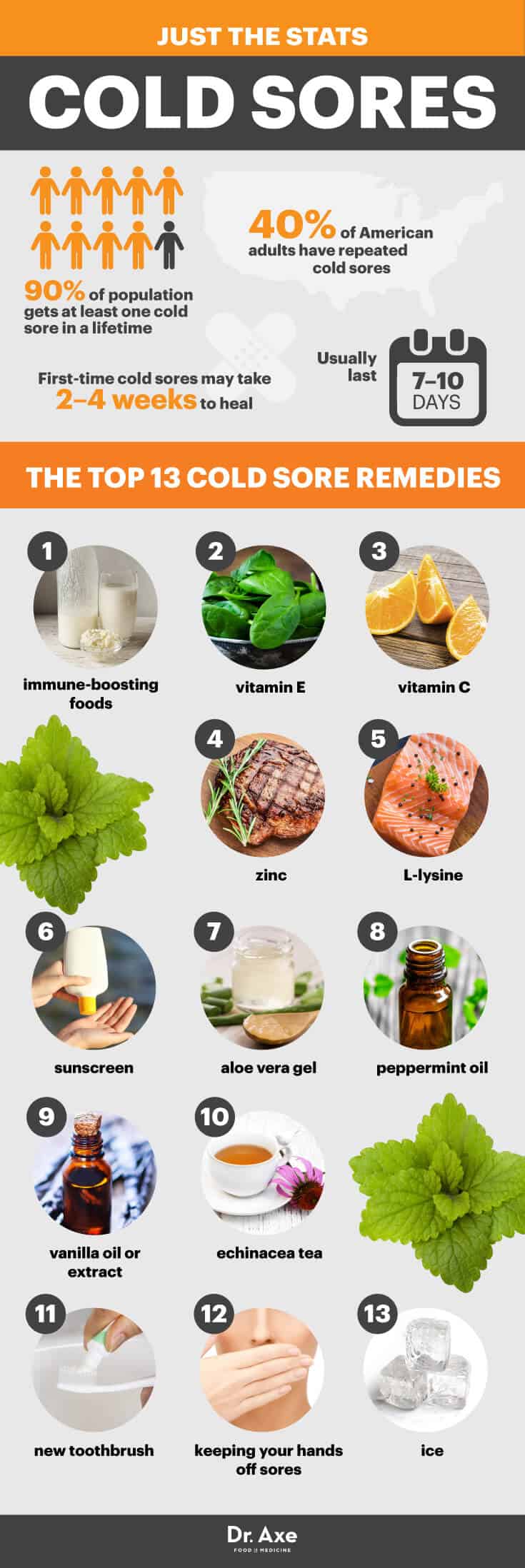What Causes Green Eye Discharge? Home Remedies

Green eye discharge, also known as purulent discharge, is a common symptom of various eye infections and conditions. It is characterized by a thick, greenish-yellow fluid that oozes out of the eye, often accompanied by redness, swelling, and itchiness. In this article, we will explore the causes of green eye discharge, its symptoms, and some effective home remedies to help alleviate the condition.
Causes of Green Eye Discharge

Green eye discharge can be caused by a variety of factors, including bacterial, viral, and fungal infections. Some of the most common causes include:
- Blepharitis: an inflammation of the eyelids that can cause a greenish discharge
- Conjunctivitis: a viral or bacterial infection of the conjunctiva, the thin membrane covering the white part of the eye
- Keratitis: an inflammation of the cornea, the clear dome-shaped surface at the front of the eye
- Dacryocystitis: an infection of the tear ducts that can cause a greenish discharge
In addition to these conditions, green eye discharge can also be caused by allergies, environmental factors such as pollution and dust, and poor hygiene.
Symptoms of Green Eye Discharge
The symptoms of green eye discharge can vary depending on the underlying cause, but common symptoms include:
- Thick, greenish-yellow discharge that crusts over the eyelashes
- Redness and swelling of the eye and eyelid
- Itchiness and discomfort in the eye
- Blurred vision
- Sensitivity to light
If left untreated, green eye discharge can lead to more serious complications, such as corneal ulcers, vision loss, and even blindness.
Home Remedies for Green Eye Discharge

While it is essential to consult a doctor or eye care professional for proper diagnosis and treatment, there are some effective home remedies that can help alleviate the symptoms of green eye discharge. Some of these remedies include:
- Warm Compresses: applying a warm, damp washcloth to the eye can help loosen and clear out the discharge
- Saline Solution: rinsing the eye with a saline solution can help flush out bacteria and other debris
- Chamomile Tea: soaking a cool, damp chamomile tea bag in the eye can help reduce inflammation and discomfort
- Aloe Vera: applying aloe vera gel to the eye can help soothe and calm the skin
It is essential to note that these remedies are not a substitute for medical treatment and should only be used under the guidance of a healthcare professional.
| Remedy | Instructions |
|---|---|
| Warm Compresses | Soak a clean washcloth in warm water, wring it out, and apply it to the eye for 5-10 minutes, 2-3 times a day |
| Saline Solution | Mix 1 teaspoon of salt with 1 cup of warm water, and rinse the eye with the solution 2-3 times a day |
| Chamomile Tea | Steep a cool, damp chamomile tea bag in the eye for 5-10 minutes, 2-3 times a day |
| Aloe Vera | Apply aloe vera gel to the eye 2-3 times a day, as needed |

Prevention and Maintenance
To prevent green eye discharge, it is essential to practice good eye hygiene, including:
- Washing your hands frequently
- Avoiding touching the eye
- Avoiding sharing makeup or makeup brushes
- Getting regular eye exams
By taking these precautions and seeking medical attention if symptoms persist, you can help prevent and alleviate green eye discharge.
What are the most common causes of green eye discharge?
+The most common causes of green eye discharge include blepharitis, conjunctivitis, keratitis, and dacryocystitis. Allergies, environmental factors, and poor hygiene can also contribute to the condition.
How can I prevent green eye discharge?
+To prevent green eye discharge, practice good eye hygiene by washing your hands frequently, avoiding touching the eye, and avoiding sharing makeup or makeup brushes. Regular eye exams can also help detect and treat underlying conditions that may contribute to green eye discharge.
What are some effective home remedies for green eye discharge?
+Some effective home remedies for green eye discharge include warm compresses, saline solution, chamomile tea, and aloe vera. However, it is essential to consult a doctor or eye care professional for proper diagnosis and treatment, as these remedies may not be suitable for all underlying causes of the condition.



